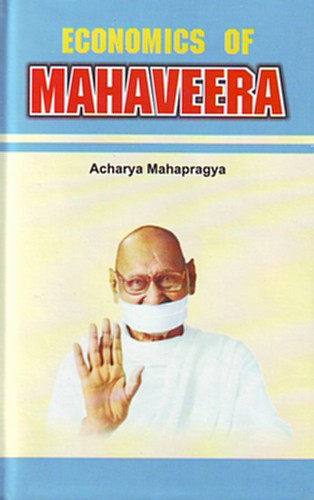
Mahavira and Gandhi both laid emphasis on purity of means. By Indian thinking, Mahavira put the greatest emphasis on purity of the means. If there is no purity of the means, there is nothing worthy or desirable to him. The means ought to be pure in thought, in speech and in action.
Historically, after Mahavira, Acharya Bhikshu, who is the pioneer of Therapanth, has talked about purity of means in detail. Wherever the means are not pure, there is no change of heart, and goals cannot be achieved.
Mahatma Gandhi also laid great emphasis on the purity of means. There is a great similarity in the thoughts of both. There is a writer of Gujarat, Gokul Bhai Nanji, who has written in one of his books that the principle of purity of Jayacharya, the fourth disciple of Acharya Bhikshu, was only a seedling. It reached Shrimad Rajachandra and through Shrimad Rajachandra, the concept reached Mahatma Gandhi.
We have thus a complete series discovered of links on the purity of means. Shrimad Rajachandra and Mahatma Gandhi were firm believers of the primacy of purity of means. Marx was, however, a different economic personality. Where thinking is limited to economics only, the thought of purity of means becomes secondary. It is not that Marx was a basic believer in violence or war, but the question before him was not of purity of the means, it was limited to an economic objective. Gandhi said, "If freedom is achieved only through good means, it is acceptable to me: if achieved through war or violence, then I am prepared to give up my struggle right away. I do not want such freedom. I want freedom through non-violence; it does not matter if it is achieved even after a hundred years." Marx and Keynes did not have such a firm belief in the purity of means. It was because both of them were not spiritual but only economic personalities.
 Acharya Mahaprajna
Acharya Mahaprajna

